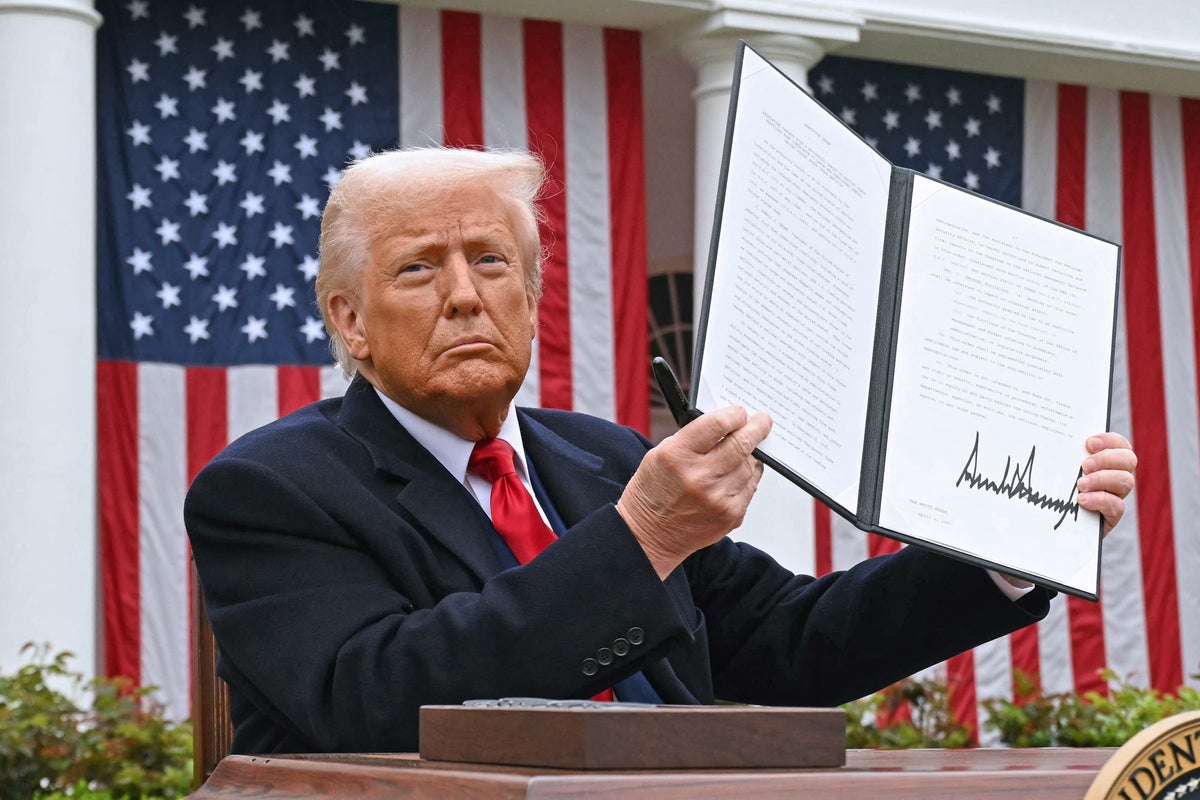Summary
Donald Trump warned the UK must accept chlorinated US chicken imports if it wants relief from new 10% tariffs on British exports.
The U.K. has long reaffirmed its commitment to maintaining high food standards, with polling showing 80% of Britons oppose a ch imports.
Critics argue chlorinated chicken stems from poorer production hygiene, with studies showing high bacteria rates in US chicken.
Farming advocates warn a US trade deal with lower standards would be “devastating for British farming.”



Probably trying to make a buck off blighted fetid fowl.
In case anyone was wondering, signs of avian flu at the market: bloody legs; slimy, filmy meat.
After reading the article, I’m left wondering how US food waste breaks down between originating from individual households vs grocery retailers, commercial retail food/restaurants and ag suppliers.
It’s been a while, but I remember reading about how there’s little incentive (maybe it’s even prohibited?) for retailers to send reject and expiring food to food banks instead of throwing it out. I feel like this should be more of a concern considering the demand to food banks is probably going to increase rapidly while funding and donations will likely decrease with the current economic turmoil.
I suspect we could curb a significant amount of food waste by creating a pathway to divert food waste instead of disposing it outright. Of course, such pathway would need to meet food safety standards while providing a clear regulatory framework to address liability and logistical aspects to make it more profitable to divert vs dispose.
Anyone from outside of the shithole have any input on how this works in your country?
I’m in Canada and recently our food banks (at least in my area) have been getting huge donations of all the unsold American produce.
That’s awesome! Glad to hear that silver lining.